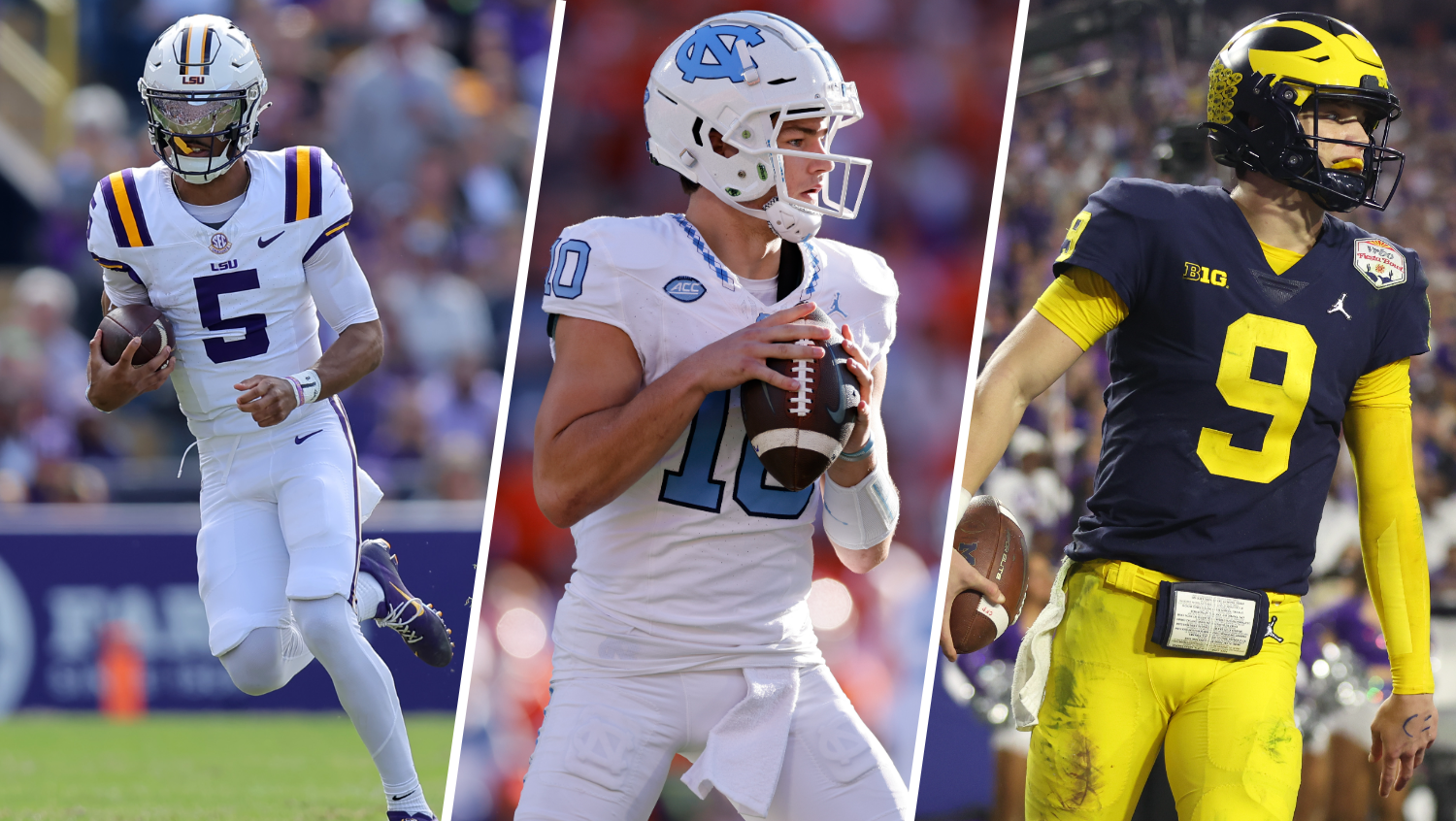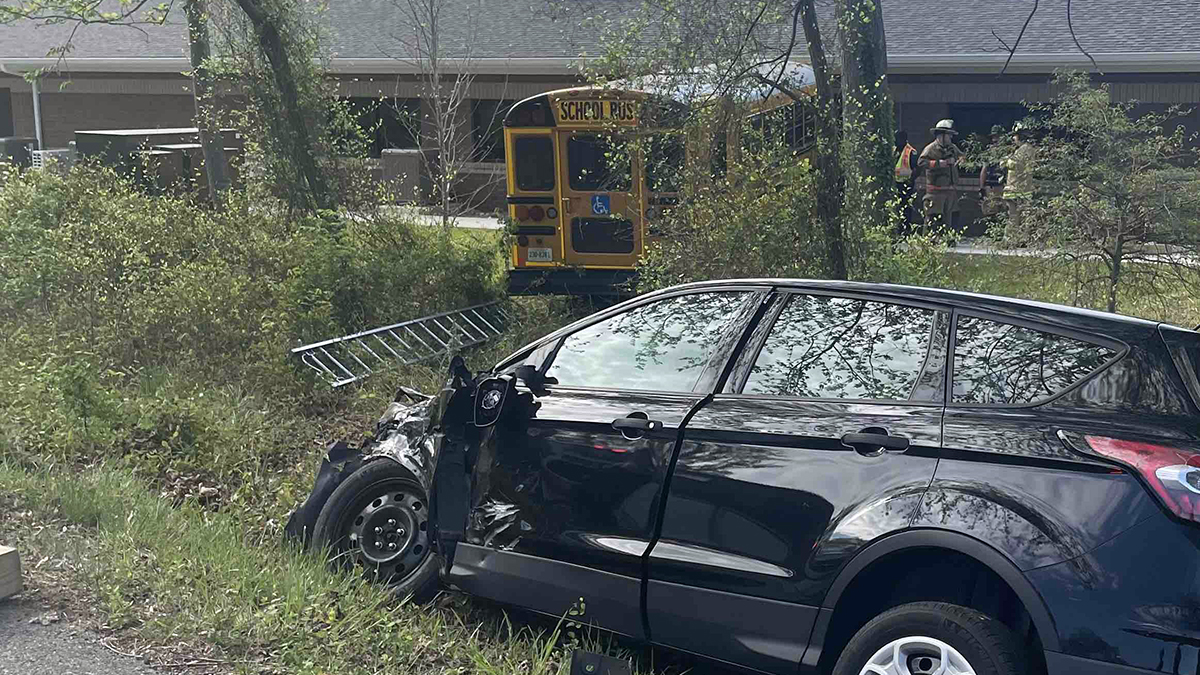“We’re a victim like everybody else in America.”
It’s a common feeling across the country right now. Farmers are losing their livelihood in an historic flood along the Mississippi. Many in the Midwest are still picking up the pieces from a tornado-filled spring. And millions are still without jobs.
But this particular statement was made to the Washington Post by a man who owns almost half of all gas stations in the District. And he wants you to know that he feels the same pain at the pump that you do.
Joe Mamo is his name, and according to the Post, the 44-year-old Ethiopia immigrant has built a 234-station, $778 million-a-year empire over the past three decades. It started with an Amoco station on South Dakota Avenue. Now, it’s 45 in the District alone. And the Post reports, if you fill-up at an Exxon or Shell, it’s probably owned by Mamo.
But his success is now coming under fire. According to the Post, D.C. Attorney General Irvin Nathan is launching an investigation of Mamo’s company, Capitol Petroleum Group of Springfield, for possible violations of antitrust law, including price gouging.
“We’re going to do everything we can to bring [gas prices] down and be sure that it is a competitive market,” Nathan told the Post.
Last week D.C. Council member Mary Cheh said she was introducing legislation prohibiting suppliers from owning gas stations.
Local
Washington, D.C., Maryland and Virginia local news, events and information
"We're concerned that they can dictate the price to their operators, and that's anti-competitive," she said last week.
Capitol Petroleum Group issued a statement to NBC Washington's Chris Gordon last week in the name of Mamo saying, "I own several dozen gas stations in the area. I simply own them, I do not operate them. I do not set the price of gas at the pump."
Gordon reported that Mamo blames big oil refiners for the steep prices.
Prices in D.C. are some of the highest in the nation. According to AAA, the average gallon in the District today is $4.16, more than 20 cents higher than the national average. And that has been the trend over the past several months as prices at the pump skyrocketed.
But Mamo argues, in an interview with the Washington Post, that his stations prices are reasonable and that he has actually seen his profits diminished by as much as 30 percent since the spike.
“Everybody’s getting squeezed. We’re getting squeezed; our dealers are getting squeezed, because how much can you raise your prices?” Mamo told the Post. “There’s no correlation between the increase in price and our profit. If we were gouging, it would be very clear we made a huge windfall.”
But the Post also reports that Mamo makes money coming and going. The 45 stations he owns in the District are largely leased out to independent dealers who set their own prices. But those dealers are required to buy their gas from Mamo’s wholesaler, who delivers gas to the individual stations.
Mamo told the Post that those types of arrangements are the “norm” in the gas business and said his station owners are happy, and that the company has a turnover rate of less than 5 percent a year.
But one of those station operators, who spoke to the Post anonymously, said he is concerned he is sometimes charged drastically different prices than other Mamo-owned stations.
Nathan wants to know how much Mamo paid refiners for gas, and how much he charged dealers for it. Mamo has refused to release those numbers publicly, but told the Post that his markup as a wholesaler ranges between 5 and 18 cents. During the recent hike however, the markup has been closer to 14 or 15 cents.
“I think this is just a frustration of gasoline going over four dollars,” Mamo told the Post. “This is something we’re going to have to go through and sit down with the AG and put this to rest.”
But some local politicians tell the Post they are skeptical that Mamo’s prices have nothing to do with recent spikes.
“He still owns almost half the market, and whether he is responsible for this particular spike, he still owns a disproportionate share,” D.C. Council member Phil Mendelson (D-At Large) told the Post. “I don’t think any individual should own that much of any market.”



